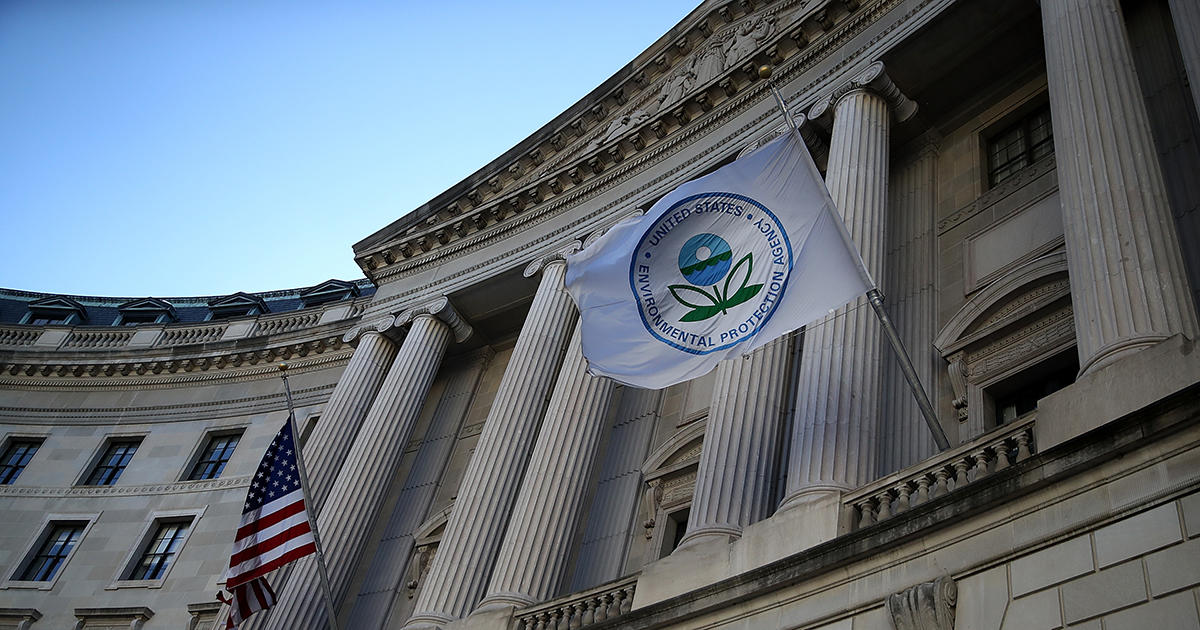Junior Researchers Hit by Coronavirus-triggered Hiring Freezes
With student enrolment projected to fall, some US and UK institutions have halted recruitment.
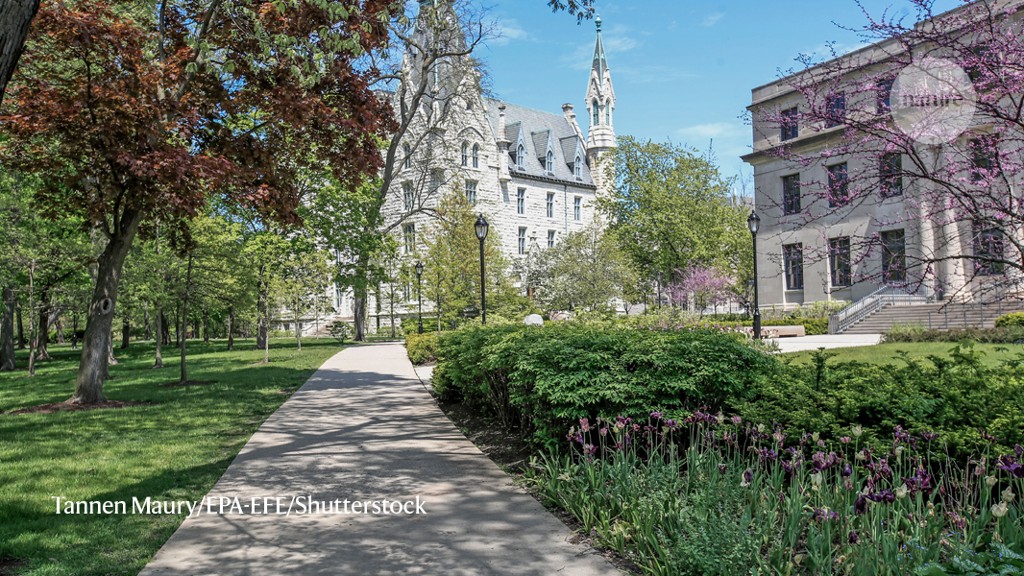
Send us a link
With student enrolment projected to fall, some US and UK institutions have halted recruitment.

If President Trump sidelines the World Health Organization, experts foresee incoherence, inefficiency and resurgence of deadly diseases.
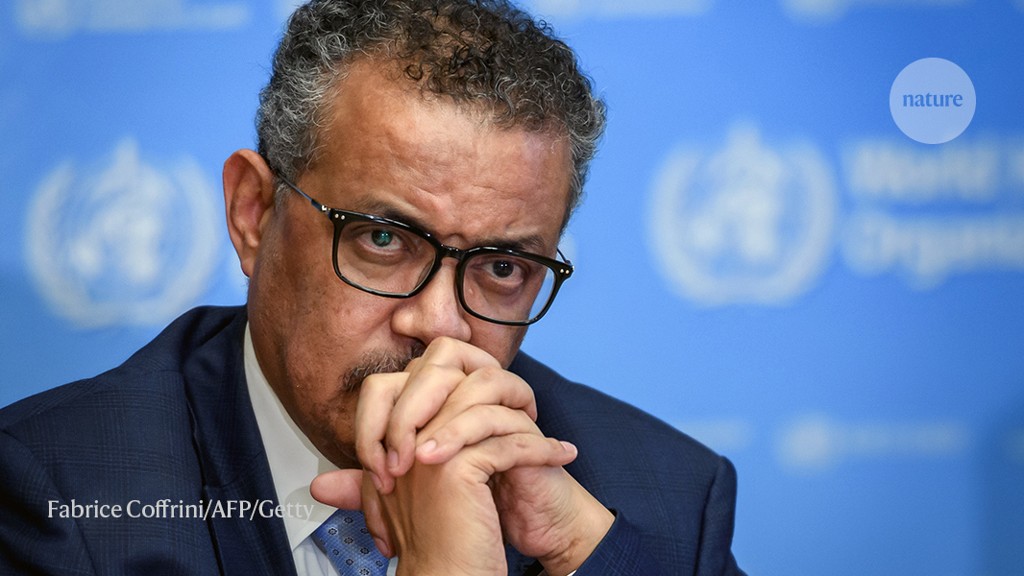
While Moderna blitzed the media, it revealed very little information - and most of what it did disclose were words, not data.

Young people think of college as an investment in their future. Now that future is changing in ways they can't apprehend.
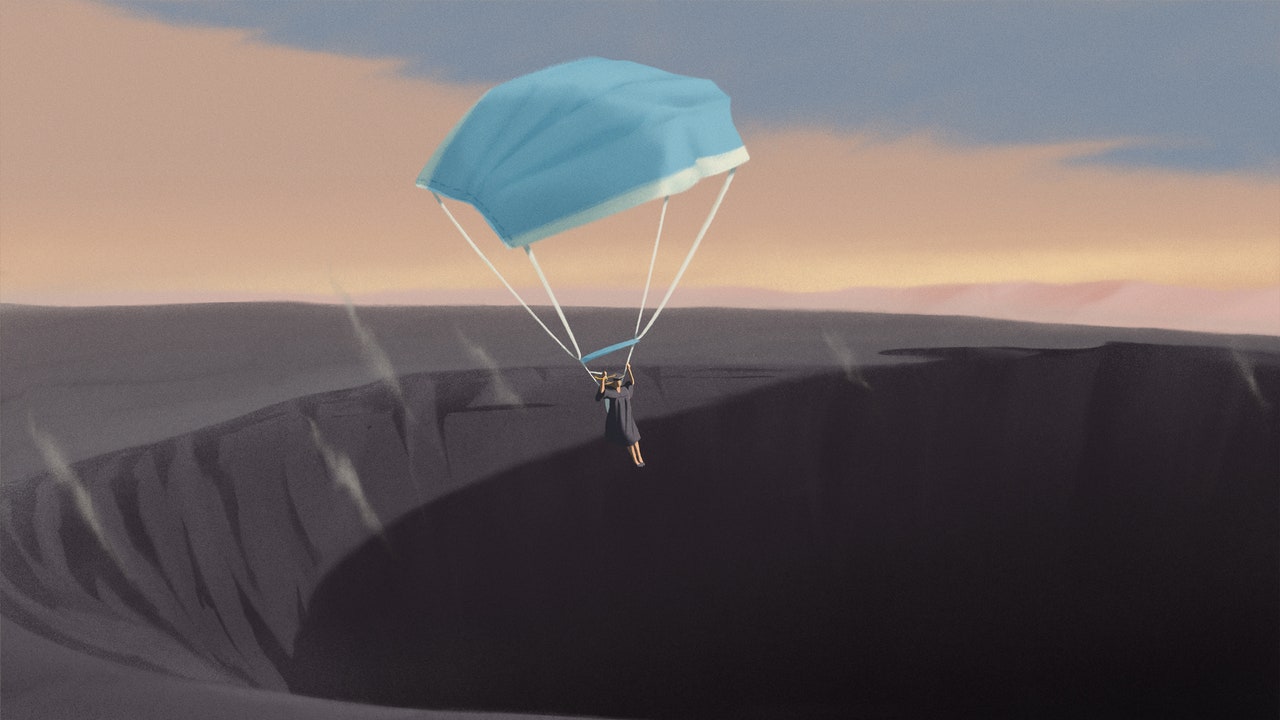
Coronavirus death counts are based on positive tests and driven by hospital deaths. But data from major metropolitan areas shows a spike in at-home deaths, prompting one expert to say current numbers were just "the tip of the iceberg."
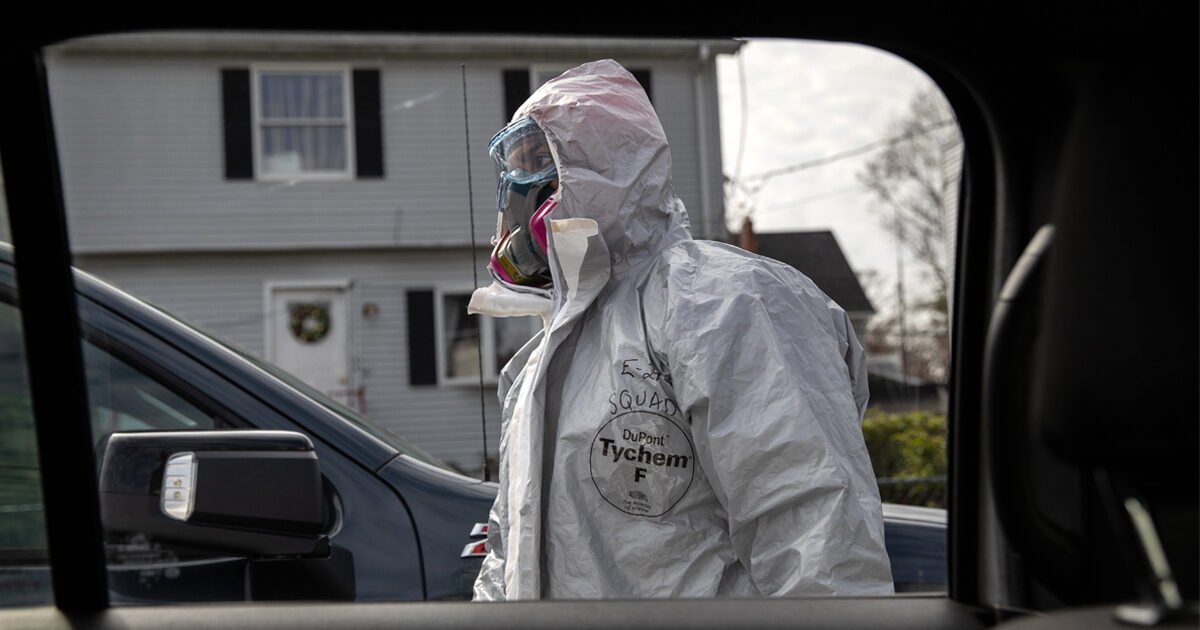
Non-tenure track faculty at community and city colleges across the country told Motherboard they have not received sufficient pay, training, or equipment to teach classes online-and the consequences could be devastating for students.
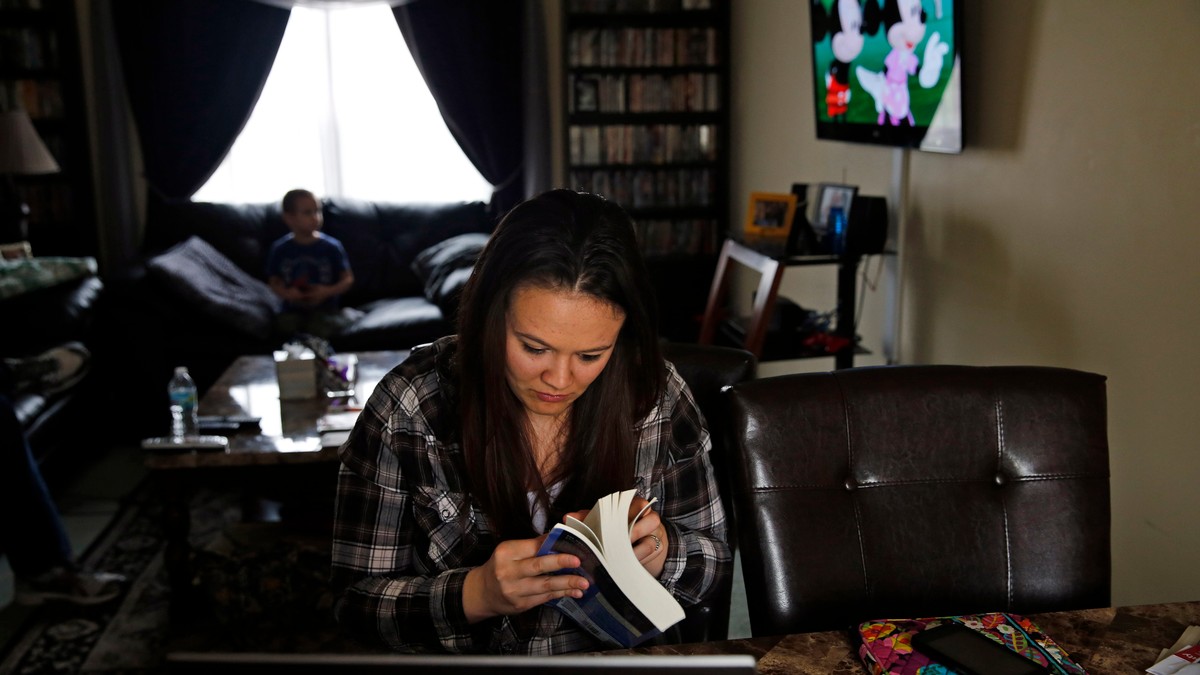
The National Science Foundation is testing a creative mix of machine learning, blockchain technology and data science to tackle a stubborn challenge: How to better evaluate more than 60,000 grant applications it receives each year.

The U.S. National Institutes of Health (NIH) is in the midst of digesting public comments toward finalizing a data sharing policy. Although the draft policy is generally supportive of data sharing, it needs strengthening if we are to collectively achieve a long-standing vision of open science built on the FAIR principles.
The Environmental Protection Agency moved today to restrict the types of research that can be used in public health protection decisions and scientific assessments. In the midst of the coronavirus pandemic, the agency is recklessly giving the public just 30 days to comment on this sweeping proposal.
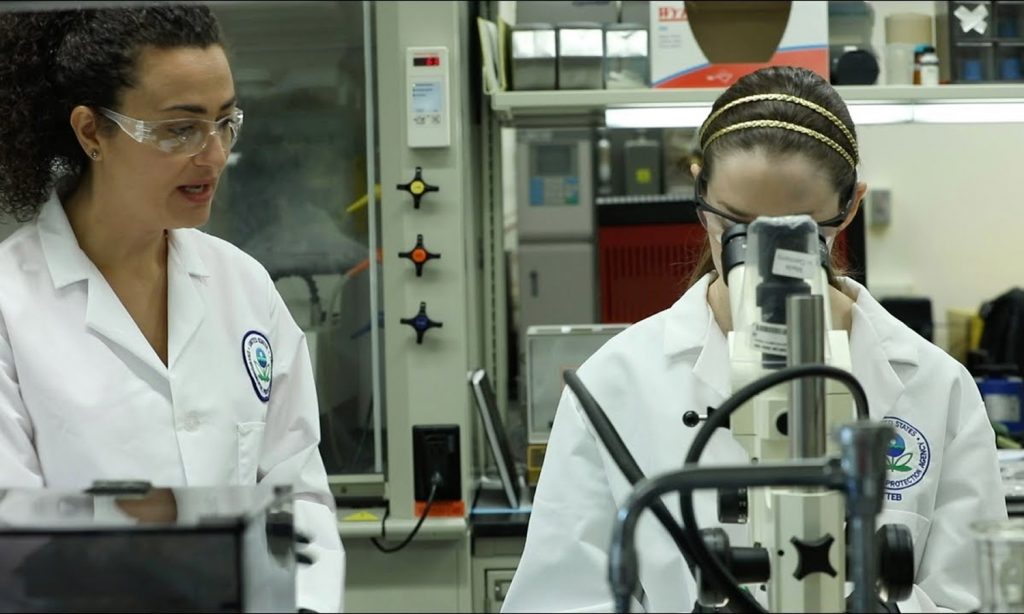
Graduate students at the University of California, Santa Cruz, shut down campus Thursday as part of their ongoing strike for a cost of living adjustment, and all other system campuses saw their own one-day protests. Santa Cruz graduate assistants went on a grade strike in December, then a full labor strike this month. Tensions mounted last week when the university fired or disqualified 80-some grads from spring assistantships for continuing to withhold undergraduate grades. Graduate assistants blocked all entrances to the Santa Cruz campus before dawn, forcing the university to cancel classes, except those offered online. Many faculty and undergraduate supporters joined the picket lines on that campus and across the UC system starting midmorning. As of last week, graduate assistants at the Santa Barbara campus are also on a labor strike for a COLA, and assistants at the Davis campus are on a grade strike. Systemwide, graduate instructors make about $2,400 pre-tax, per month, for nine months out of the year. Strikers say that they need between $1,400 and $1,800 extra per month to be able to secure housing in California's expensive rental markets and have anything left over for utilities and food. The United Auto Workers, with which UC's graduate workers are affiliated, has urged the university to reopen their contract to bargain for a COLA. This week it authorized a systemwide strike vote for April on the grounds that the university has committed unfair labor practices. The university has filed a similar claim against graduate workers. The system said in a statement that it "values all our graduate students, including academic student employees (ASEs) who are essential to UC's teaching mission, supporting the university as teaching assistants, readers and tutors. However, that mission is in jeopardy when ASEs refuse to fulfill their teaching obligations." The system noted that these assistants are striking in violation of their union contract, negotiated in 2018, and said it's "unfortunate that the UAW has resorted to announcing a strike authorization vote as the university continues pursuing opportunities to engage productively with graduate students on housing affordability and other issues."
News organizations should take political reporters – and perhaps even more importantly, political editors – entirely out of the loop on this story. It’s too important to be covered as a two-sided battle over who’s winning the narrative.
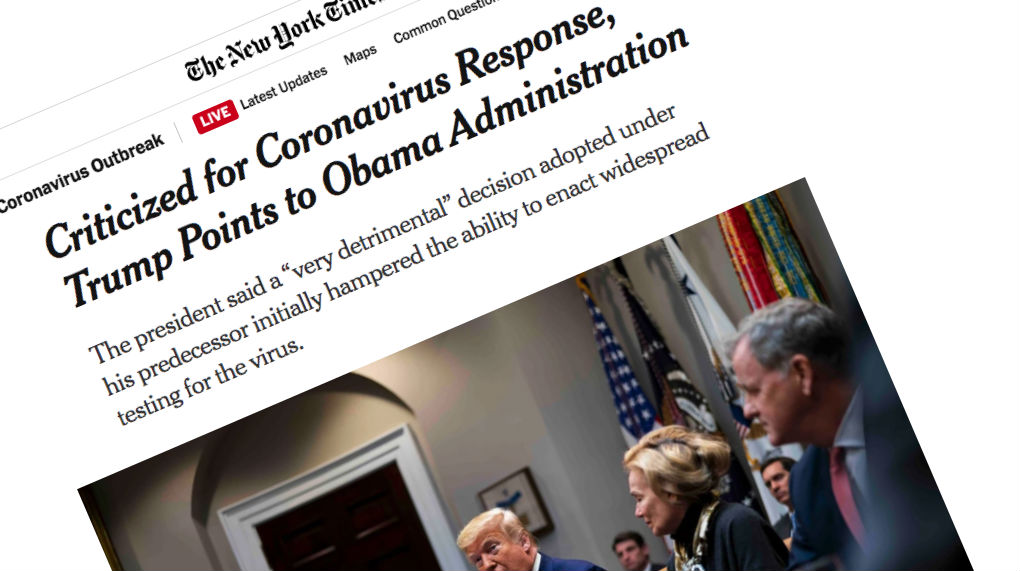
Ruthless labor exploitation? Generational betrayal? Understanding the job crisis in academia requires a look at recent history.
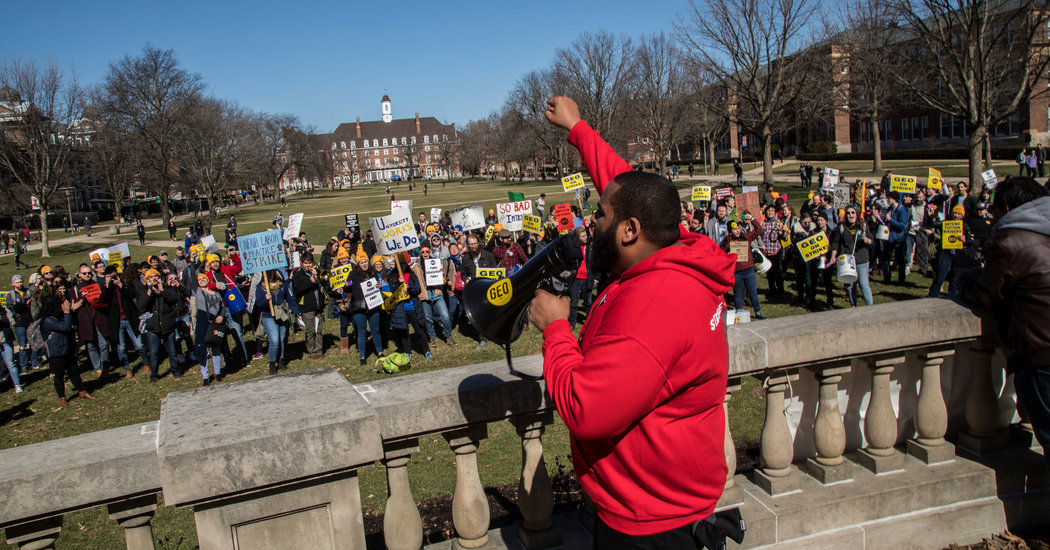
Some students do feel political pressure from their professors, but few change their views.
The White House's attempt to impose a more disciplined approach to communications about the virus was undermined by President Trump, who complained the news media was overstating the threat.
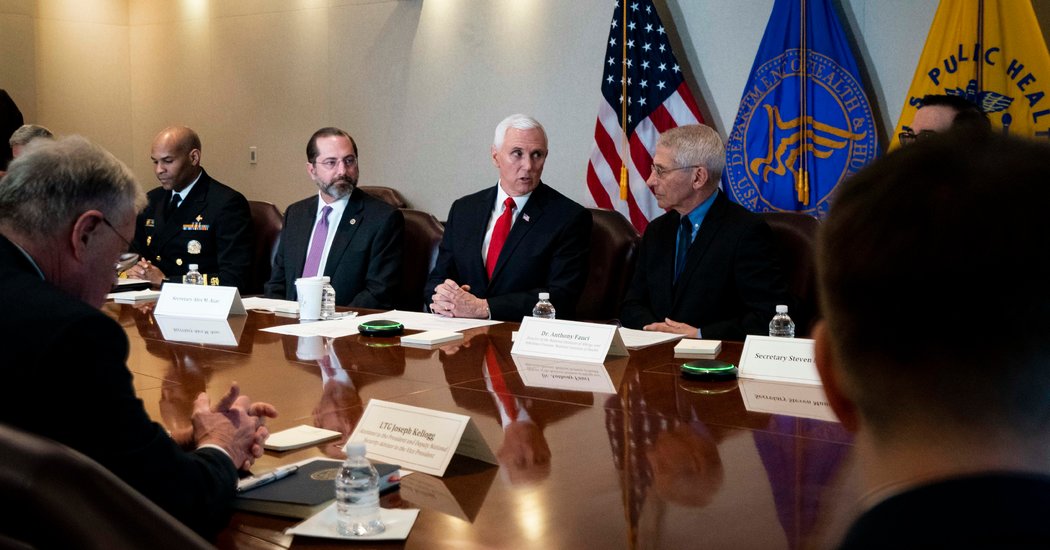
The incident raises important questions about how institutions handle accusations of harassment that occurred at different universities - particularly in the #MeToo era.
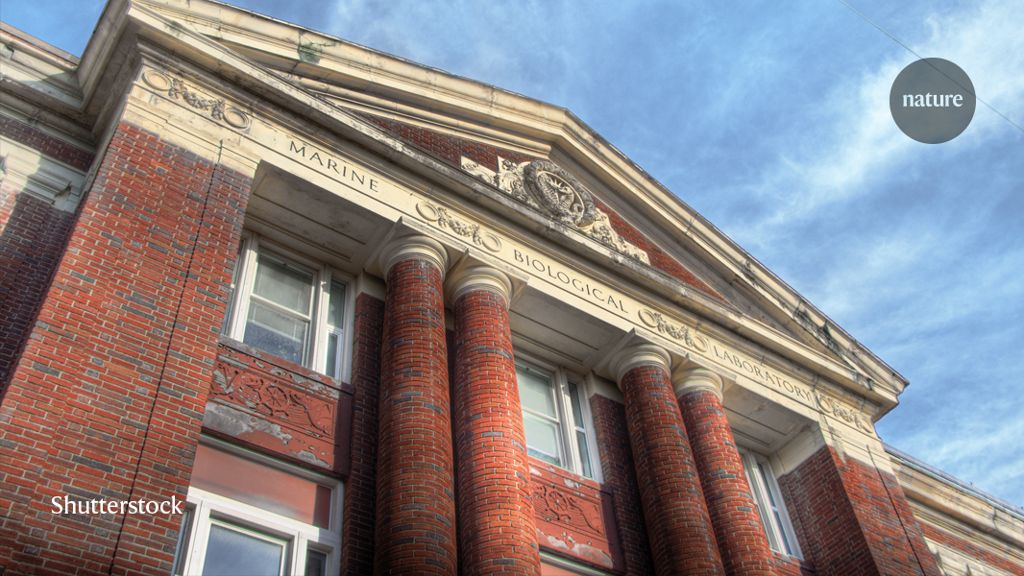
Some publishers feared order making federally funded studies free
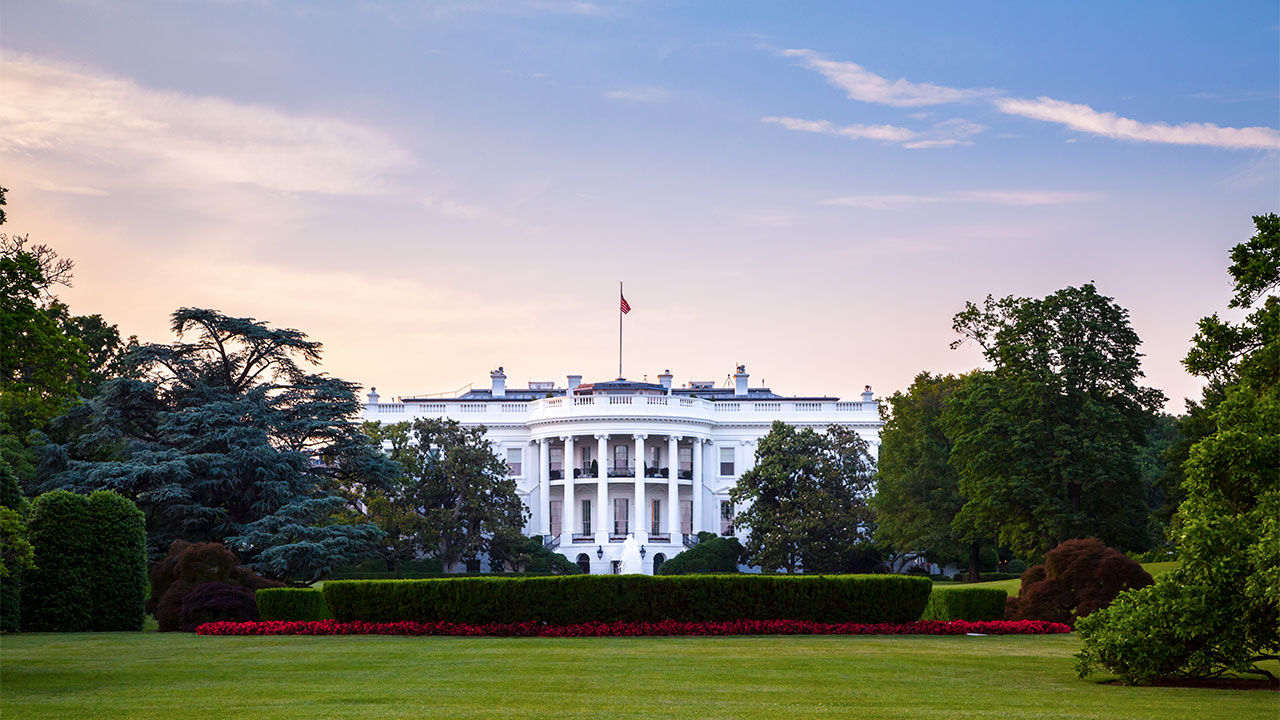
Academic scientists and research institutes are increasingly being evaluated using digital metrics, from bibliometrics to patent counts. These metrics are often framed, by science policy analysts, economists of science as well as funding agencies, as objective and universal proxies for scientific worth, potential, and productivity.
In a victory for science and public health, a federal court determined that the U.S. Environmental Protection Agency cannot exclude scientists who have received EPA research grants - who happen to be mainly academic scientists from research universities - from serving on its advisory panels.
